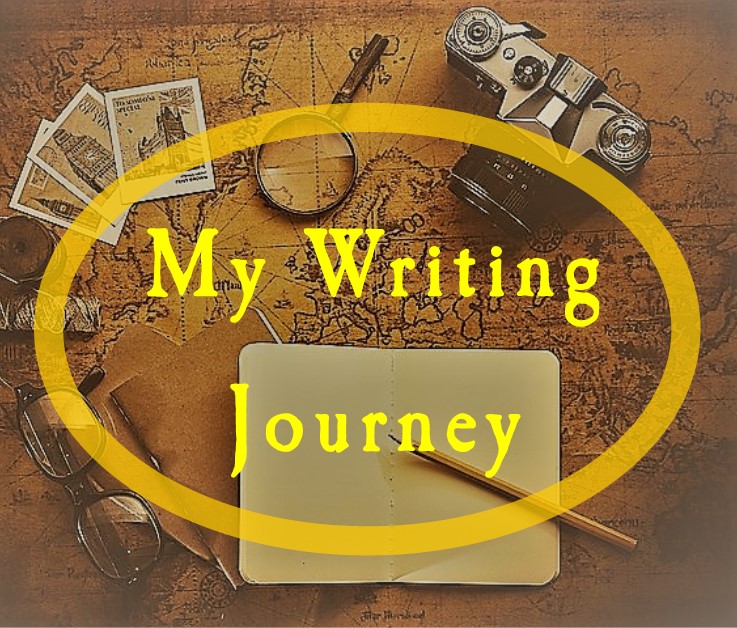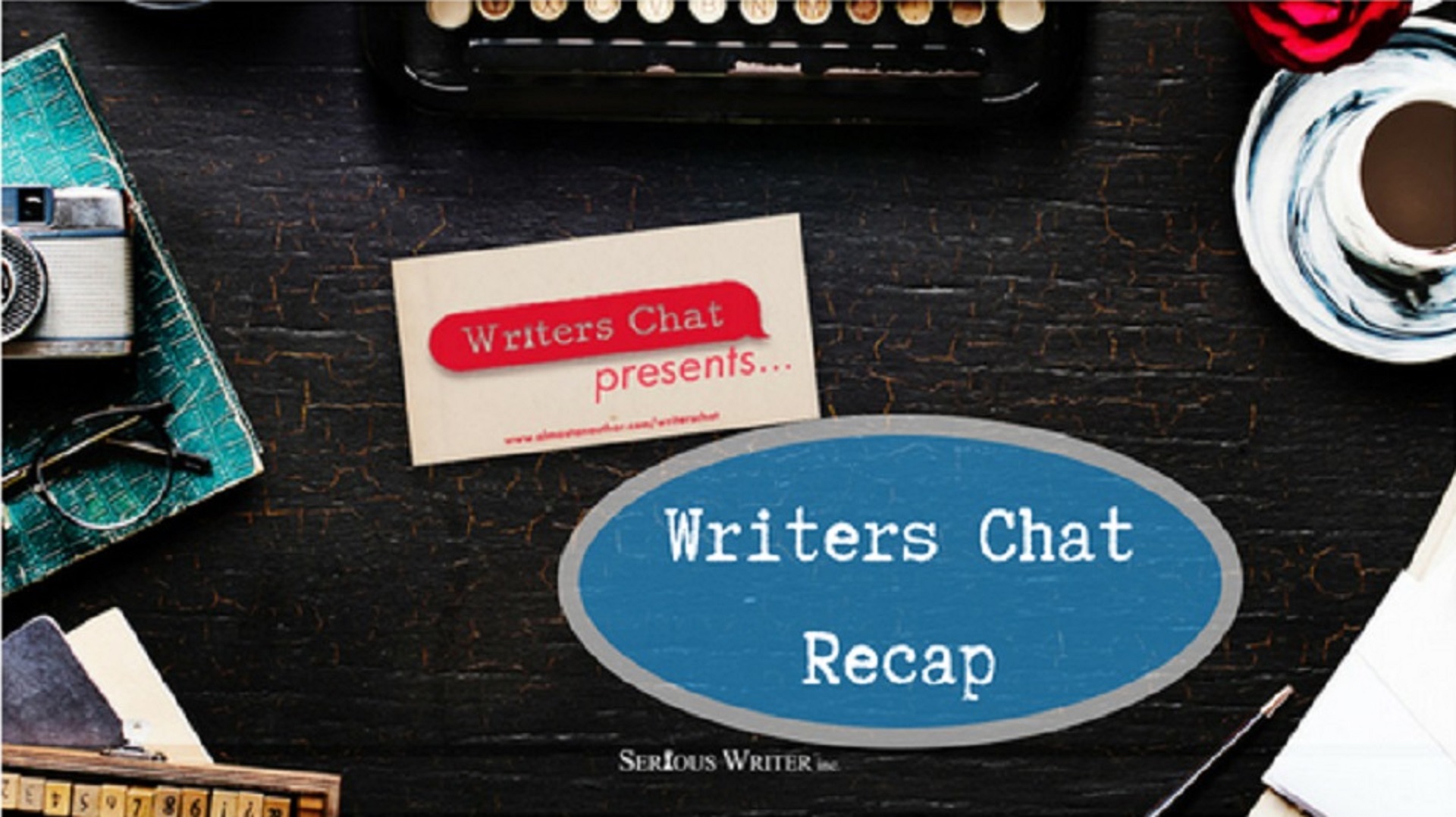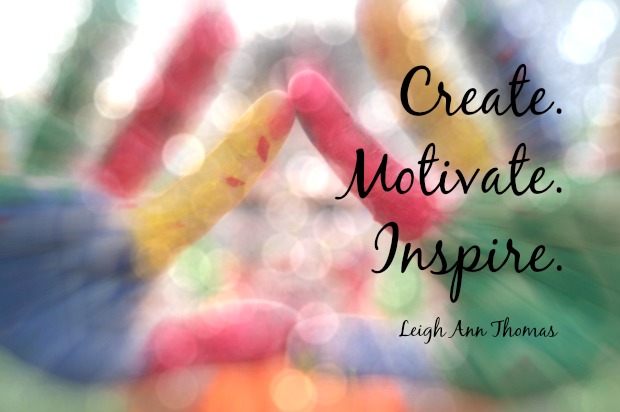
Mentor Texts for Authors
I love having family and friends who teach at elementary schools for lots of reasons, but especially because of…
July 16, 2020
I love having family and friends who teach at elementary schools for lots of reasons, but especially because of…
July 16, 2020
I once did a brief stint as a nanny. I absolutely loved the baby I took care of, but…
February 5, 2020
My first days in a rehabilitation hospital after my accident were some of the most difficult days of my…
May 29, 2019
The fact I started writing a full-length novel as full-time student might seem a little scary, and you’d be…
November 3, 2018
If you take a songwriting class, the first thing you will learn is to read the top 40 charts…
August 28, 2018
One morning I asked the Lord for a verse reference. Exodus 20:15 – Thou shalt not steal (KJV). Really?…
August 19, 2018
Writers Chat, hosted by Jean Wise, Johnnie Alexander, and Bethany Jett, is the show where we talk about all…
July 17, 2018
Would you like to improve your vocabulary, fire your imagination, and learn about story structure and character development from…
November 13, 2015